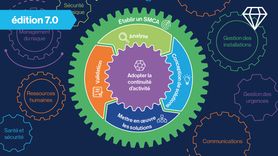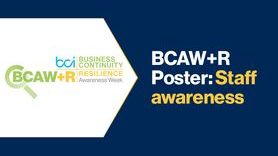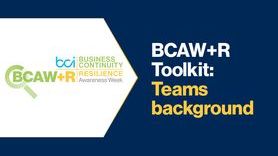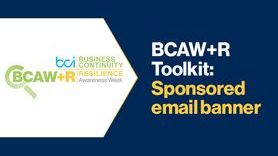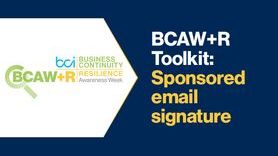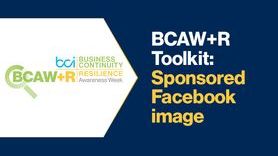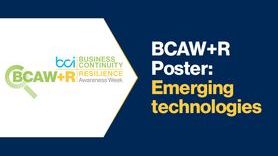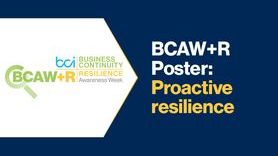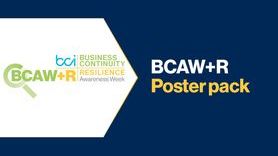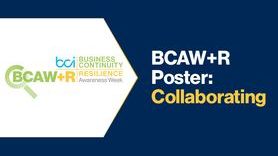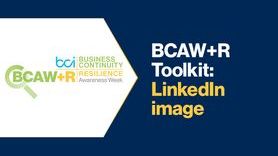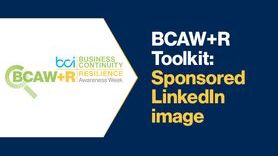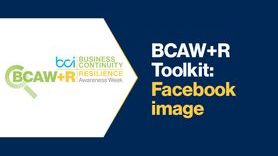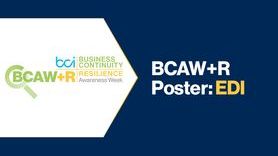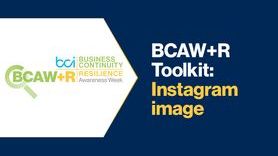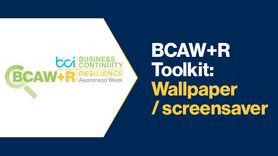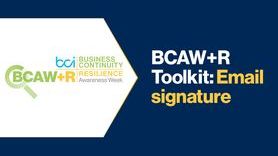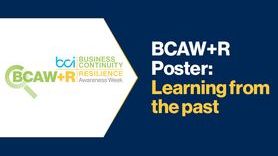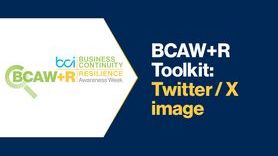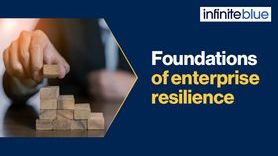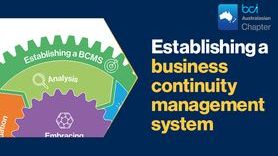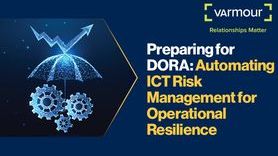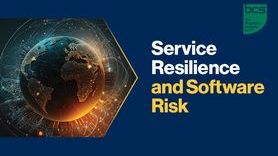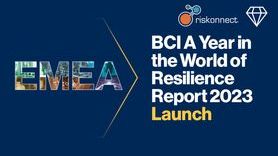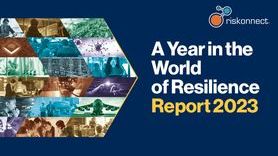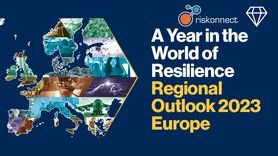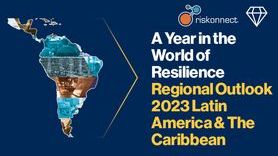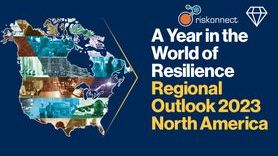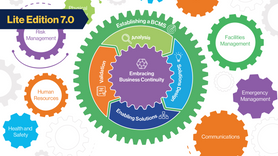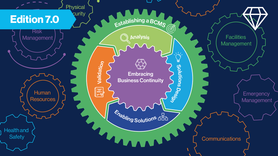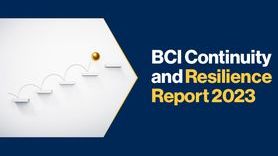Together we can build stronger and more resilient organisations in the face of crises
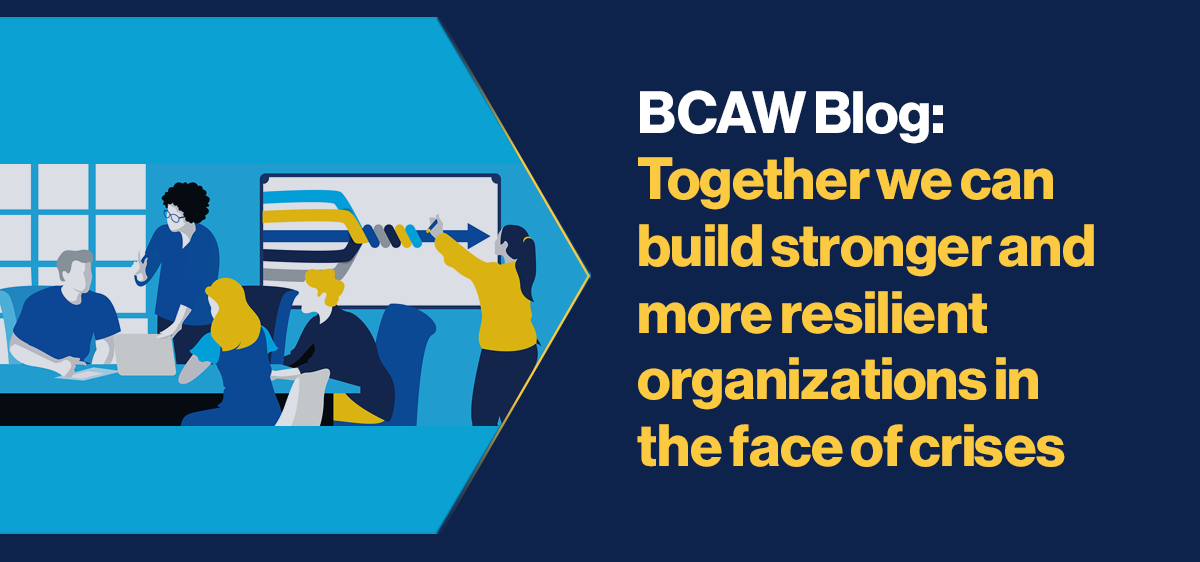
When I started in this industry the first piece of advice I was given was, “It’s not always what you know but who you know,” and the situation that we find ourselves in really hits this home. During these unprecedented times coming together, sharing knowledge and supporting each other is key to creating an effective response for each of our organisations.
In each of our organisations, our teams are at the centre of the response to the pandemic, ensuring our residents and staff stay as safe as they can during these uncertain times. As much as we are stronger together, this can only play such a vital role if these relationships have already been established. Having those links established before any incident hits and the organisation already aware of our processes and structures for command and control, means when the world realised COIVD-19 was going to be bigger than the ‘seasonal flu’ - we were already wrapped up and protected by our organisation with departments and staff coming out of the woodwork to assist in any way we needed.
So, most staff are willing to assist in an incident on the scale of the COVID-19 outbreak, however that goodwill can diminish when staff aren’t trained in Emergency Management and Business Continuity procedures and their presence during the response can be more of a hindrance than a help. Training staff on the job is never a position that professionals want to be in, therefore having those links and a pool of volunteer staff allows us to have trained and knowledgeable staff assisting us with the response. We, the experts, then can spend our first few days of response re-iterating who we are and what we do to those staff who are inevitably pulled in from other parts of the council with (usually) no prior knowledge. More than once we have been called ‘Bec’ when staff don’t understand BECC means our Borough Emergency Control Centre!
Thankfully for us, we responded to a council wide incident a few years ago and the lessons we identified during the debrief have allowed us to collaborate with teams we wouldn’t usually give training to and push out training / guidance for managers and staff wanting to know more. Together we are on track to carry on building a stronger and more resilient organisation before COVID-19 became a world-wide crisis.
During the last 18 months our team has pushed, provided guidance, assisted services in developing their Business Continuity Plans and wrote exercises for them to validate. Since the outbreak of COVID-19 and organisations going into full response mode, this workstream has become even more pertinent, not only for us few who live and breathe Business Continuity, but for services throughout the organisation. Ensuring we have contingency plans in place for denial of access to buildings, IT going down and staff shortage – all which have become relevant in the past few months due to the world we live in. Services may not have ‘invoked’ their plans to the degree that an Emergency Management and Business Continuity Team would, or may not have realised that their plan has indeed been invoked, but together we are working in collaboration to ensure our critical services can continue and our residents kept safe during this crisis. Having those links with key services prior to this pandemic and challenging teams when writing their plans means we have stronger, more robust Business Continuity plans than if the subject matter experts had let individual services write them without any guidance.
Embedding Business Continuity into a public organisation comes with its challenges, no one who has worked to embed this into services where they have fifty other competing priorities before they will even talk to you, would doubt that. However, ensuring the organisation has even the smallest level of Business Continuity embedded into each service, even if that is the Heads of Services and their management understanding their plan and the actions to take, makes us stronger to deal with this crisis we face now. We are in an ideal world where we can present to top management the critical activities that need to continue and where staff can be re-deployed to assist. Yes, sometimes this doesn’t happen, and the organisation goes off in its own direction, sometimes leaving the subject matter experts “out of the loop” and continues its own path, while we the experts give our knowledge when it’s asked for, and realise that the debrief will pick up the issues of not necessarily following our procedures, but together we are responding. It may not be in the way or format the experts within the organisation believe is the best way, but it is happening, and we are coming together.
We can build stronger and more resilient organisations, but we can also build stronger and more resilient communities outside our own organisations. To fully ensure that we have responded to this pandemic and protected our residents and staff in the best way we can, top management need to come together, staff need to step into roles outside their day job and the public to keep to the measures set out by the government, however sectors, groups and businesses can come together to become stronger in the face of adversity. Communicating good news stories, key points of learning and key information can help us internally learn from others and create a stronger organisation. Having the support of partners (being a council means we have other councils in our North Central cluster, as well as our Borough Resilience Forum partners i.e. the blue light services, NHS, businesses and key organisations within our borough) can allow us to build a stronger borough within London and a stronger city.
If this pandemic has taught us anything, it’s we are not alone, and we can’t respond to incidents of any scale on our own as professionals – be it a flat fire with two people evacuated, a pandemic or a terrorist attack. We need our internal staff to be willing and able to assist and we need our external partners to assist us. Going it at it alone is when we start to falter, and lives are put at risk. Yes, we need to be a stronger and more resilient organisation but ultimately, we need to be a stronger and more resilient world. Together we are stronger.
Author:
Juliana Richardson, Emergency Management & Business Continuity Officer, London Borough of Camden.



